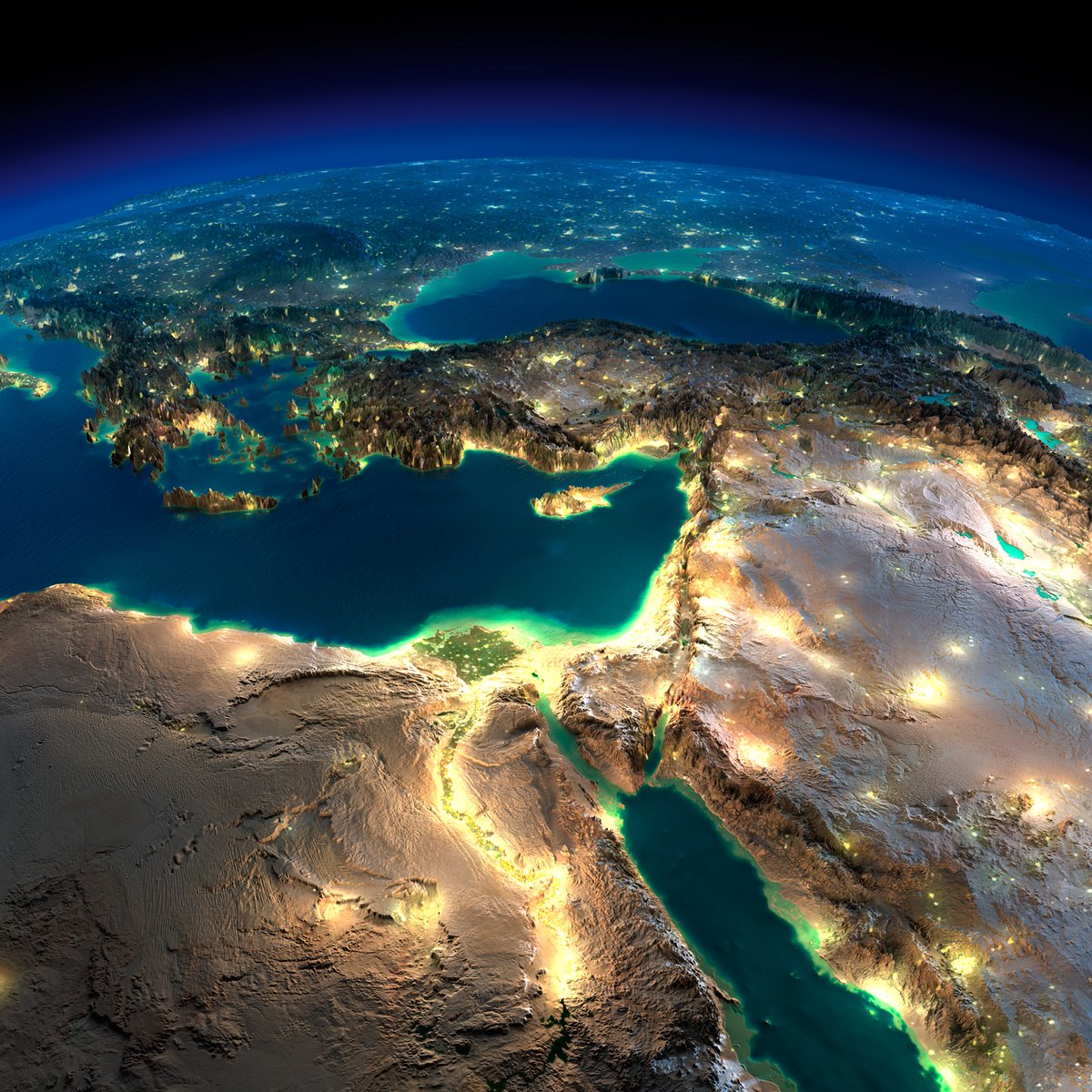THREAD #Elul -> The place of doubt in Judaism is very interesting because most people define faith as certainty. I define faith as the courage to live with uncertainty. 

The truth is that you can look at the world and find it meaningless; you can look at the world and find it meaningful. If you're looking for a life without doubt, without risk and without uncertainty, stop living because you cannot really live without taking risks.
In fact, the Bibles makes it pretty clear that God took a massive risk when He created humanity & that risk didn't play out well because by Genesis chapter six God regrets that He ever created man in the first place & it grieved Him, to His very heart, a key sentence for me.
One of the most beautiful in the whole of Judaism occurs early in the Book of Jeremiah.
We say is on Rosh Hashanah, “zacharti lach chesed neuraich,” I remember the kindness of your youth, the love of your betrothal, “leich teich acharei bamidbar be’eretz lo zerua’ah,” how you were willing to follow me into an unknown, unsown land.
Jeremiah is saying God loves the Jewish people because they had the courage to take the risk to go into a place they've never seen before, with no map and no roads, just the pillar of cloud and the pillar of fire. Judaism means the courage to take a risk.
The whole of life is facing the unknown; because even though we can look up to the heaven and see a hundred billion galaxies, each with a hundred billion stars, and when you can look within us at the human genome where there's 3.1 billion letters of genetic code, we can know…
…everything, but there is one thing we will never know: what tomorrow will bring. We face an unknown, an unknowable, future; that means that every single course of action we take, every commitment, has its underside of doubt.
It's the ability to acknowledge that doubt, and yet say, “Nonetheless, I will take a risk.” That is what faith is: not the absence of doubt, but the ability to recognise doubt, live with it, and still take the risk of commitment.
• • •
Missing some Tweet in this thread? You can try to
force a refresh









